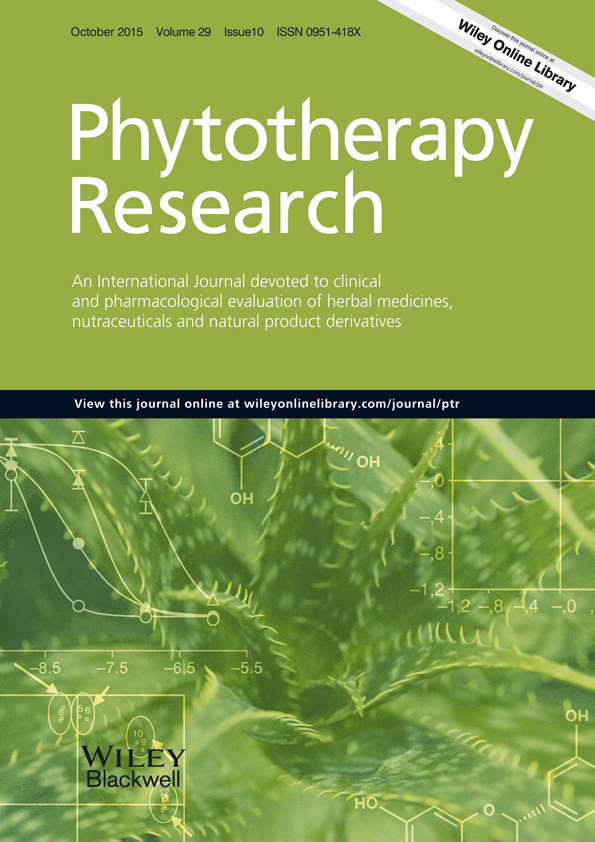Antifolate Activity of Plant Polyphenols against Mycobacterium tuberculosis
Abstract
With the view of exploring phytochemicals as Mycobacterium tuberculosis (Mtb) dihydrofolate reductase inhibitors, known plant polyphenols from various classes were subjected to detailed docking studies. From this in-silico screening, seven polyphenols were selected and tested against Mtb H37Rv in whole cell assays. The phytochemicals exhibited potential activity ranging from 3 to 183 µm. These molecules were then tested against the pathogenic and human enzymes in a high-throughput microtitre assay. Epigallocatechin gallate showed the best activity and selectivity. The in-silico analysis was in agreement with the assay results. Of these 7 polyphenols, 5 exhibiting minimum inhibitory concentration values of ≤15 µm were tested for synergistic activity with first line drug Ethambutol and second line folate inhibitor para-amino salicylic acid. Epigallocatechin gallate, Magnolol and Bakuchiol exhibited moderate synergistic association by lowering the minimum inhibitory concentration of these drugs. These simple phytochemicals could hence be considered as leads for further studies, or for preparation of semi-synthetic derivatives to be used in combination therapy, for increased anti-tuberculosis activity after validation in-vivo. Copyright © 2015 John Wiley & Sons, Ltd.




